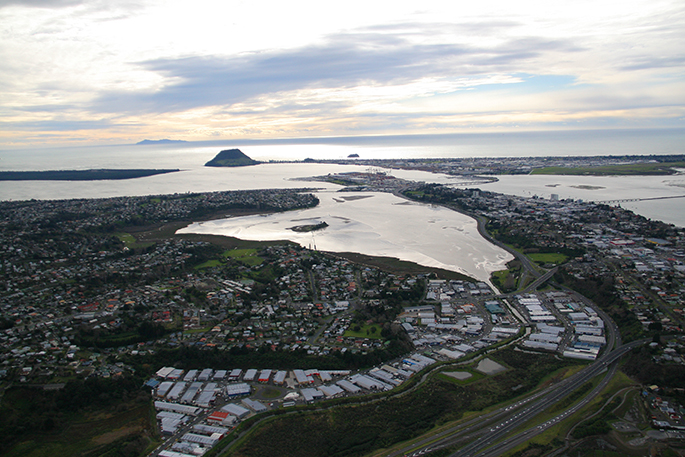Kiwibank's chief economist says the speed of home loan rate increases over recent months has come as a surprise.
The bank lifted rates across a range of home loan terms on Tuesday, increasing its two-year special rate from 3.3 per cent to 3.59 per cent, and its standard two-year rate from 4.15 per cent to 4.44 per cent. Its three-year special has increased from 3.65 per cent to 3.99 per cent.
It follows several moves by other banks in recent months, which took rates well off their previous historic lows.
The Reserve Bank lifted the official cash rate for the first time in seven years this month, from 0.25 per cent to 0.5 per cent, and economists say it is likely to continue on this path, despite the ongoing Auckland lockdown.
Kiwibank economists say the surge in inflation in the September quarter, which took the annual rate to 4.9 per cent, would prompt more tightening.
The Reserve Bank targets inflation between 1 per cent and 3 per cent, and to a midpoint of 2 per cent.
Kiwibank's chief economist, Jarrod Kerr, says inflation is likely to peak at 6 per cent.
He now expects the official cash rate to hit 2 per cent in November next year. He earlier predicted the Reserve Bank would reach 1.5 per cent and pause.
He says the rate of mortgage rate increases had been faster than expected.
'In May we were expecting the first lift at the start of next year or the end of this year, but now we are looking at two rate increases this year and more next year.”
There is also illiquidity in wholesale markets, he says, because the appetite from hedge funds and sovereign wealth funds for money on fixed rates.
'Banks have found themselves trying to hedge mortgage flow, by paying the fixed rate in swaps, in a market where there's few and far between on the other side … This imbalance will continue into the Reserve Bank's November MPS [monetary policy statement]. The imbalance points to more upside risk to mortgage rates.”
Kerr says mortgage rates will continue to rise but at a slower pace.
Infometrics economist Brad Olsen says the targeted support coming from the Government to those affected by the Auckland lockdown meant that there was less need for sustained monetary policy support from a low official cash rate.
'Economic conditions remain still upbeat, with business confidence holding up well and consumer confidence also holding up. Increasingly, the parts of the economy hard-hit by lockdown are more specific and defined, meaning a targeted approach rather than across-the-board support is best used to focus in on those who need the support.
'Just as importantly, there remain real and persistent economic pressures, with higher shipping costs and supply chain disruptions continuing, and still solid spending activity outside of Auckland.
'As the Government starts to take on a larger share of support in the current environment, the Reserve Bank will be wanting to reduce the level of emergency stimulus it is providing to the economy, as inflation heads higher and capacity constraints bite.”



0 comments
Leave a Comment
You must be logged in to make a comment.